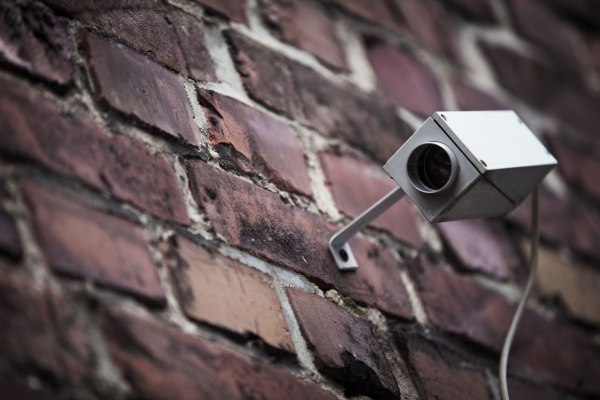A new legal challenge to U.K. intelligence agency surveillance practices has been filed in the U.K. by human rights organization Human Rights Watch and three unnamed individuals working in security research, investigative journalism and law. The action is aimed at ascertaining the scope of illegal data-sharing that took place between the NSA and GCHQ.
The move follows a landmark legal ruling, back in February, when the IPT — the court which oversees the U.K.’s domestic intelligence agencies — ruled that prior to December 2014 GCHQ had acted illegally by receiving data from the NSA’s surveillance dragnets. It was the first time in the court’s 15 year history it had ruled against the agencies.
The claims filed today with the IPT will “seek to establish whether GCHQ has spied on the claimants, whether their communications were part of those unlawfully shared between NSA and GCHQ, and how the Tribunal is interpreting intelligence sharing”, according to pro-privacy organization Privacy International, which was one of the groups which brought the earlier legal challenge.
This June the IPT also found that GCHQ had acted unlawfully in handling intercepted communications data — although the court blamed “error” and “technical” failures for what it said were ‘breaches of internal policies’. That judgment also revealed that two human rights organizations’ communications had been targeted by the intelligence agencies — one of which, the IPT subsequently confirmed, was Amnesty International.
The revelation that the communications of human rights organizations were being targeted by government intelligence agencies is consistent with disclosures by NSA whistleblower Edward Snowden — who told a European parliamentary hearing back in April 2014 that the NSA had spied on human rights groups.
Today’s legal action seeks to probe for further confirmations of the scope of U.K. intelligence agency spying activity — such as whether journalists, lawyers and security experts have also been directly targeted by state surveillance agencies in the recent past.
Commenting on today’s action in a statement, Dinah PoKempner, general counsel at Human Rights Watch, said: “Surveillance on a massive scale and data swapping without suspicion or independent oversight pose a grave threat to the lives, safety and work of human rights defenders, researchers, journalists, lawyers and their sources. We are bringing this case because those who work to protect human rights and expose abuses and war crimes depend on confidentiality of communications.”
In a crowdsourced pincer movement, Privacy International has also today launched what it’s calling ‘phase two’ of an earlier attempt to make it easy for any web user to find out whether GCHQ spied on them. The organization previously set up an online form to gather sign-ups and authorizations for its legal team to act as a go between claimants and the IPT and GCHQ.
However, earlier this year, the IPT declined to hear consolidated claims — instead insisting that each potential claimant file his or her own complaint individually. Privacy International has now launched another online mechanism aimed at making the process of individual claim-filing easier for people wanting to request information on whether the U.K. spied on them.
As of last May more than 25,000 people had signed up under phase one of the campaign. Those people (and/or organizations) will now need to re-submit individual claims if they want the tribunal to take notice of their requests.
